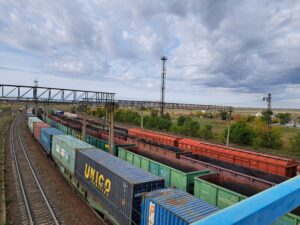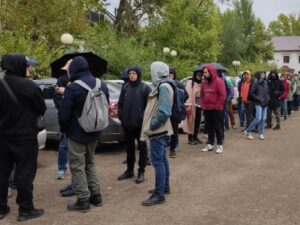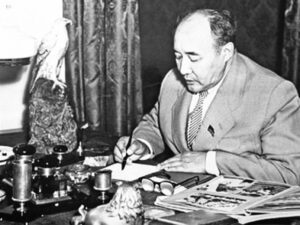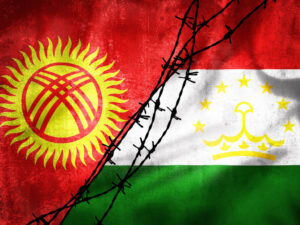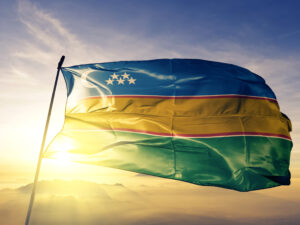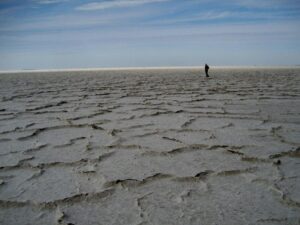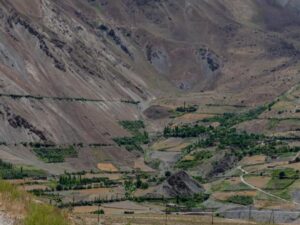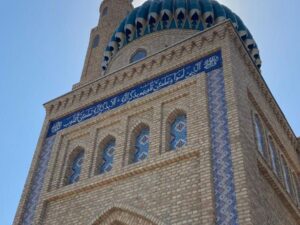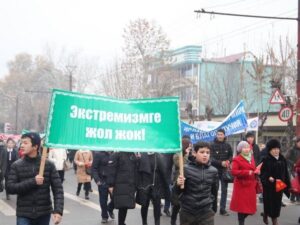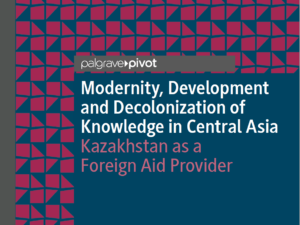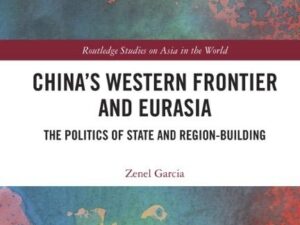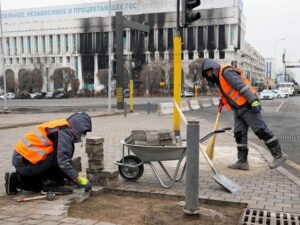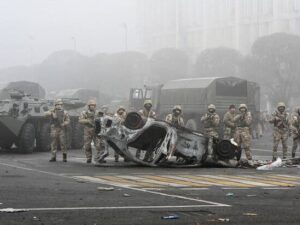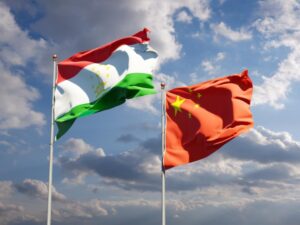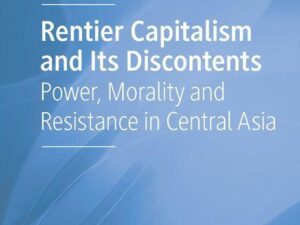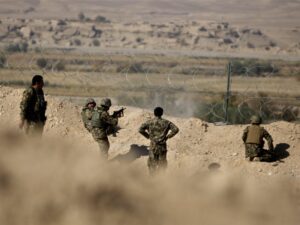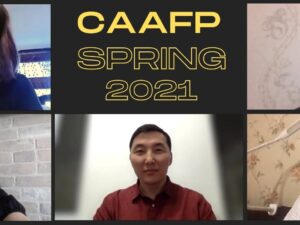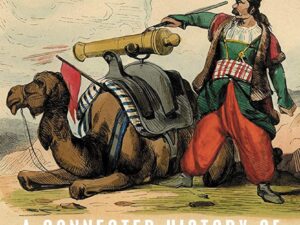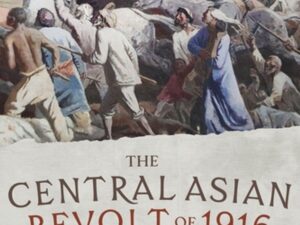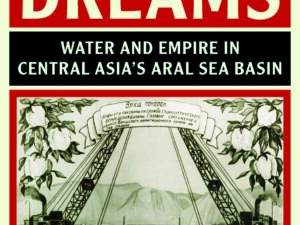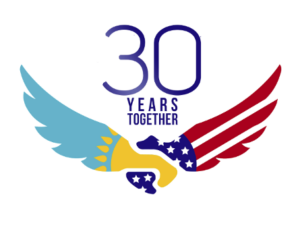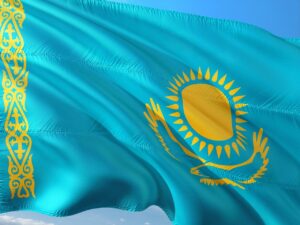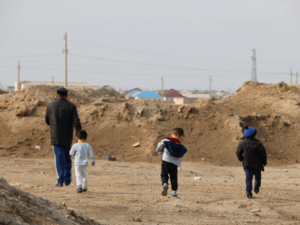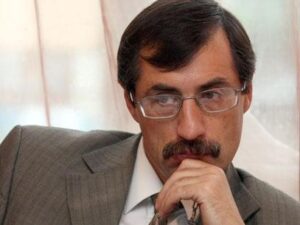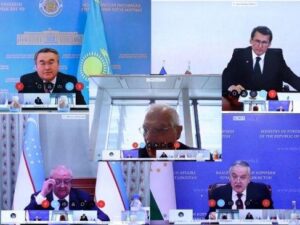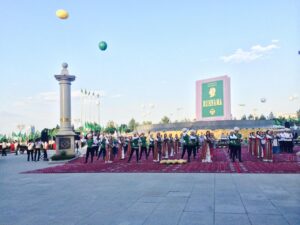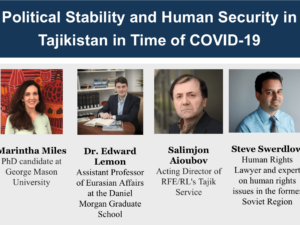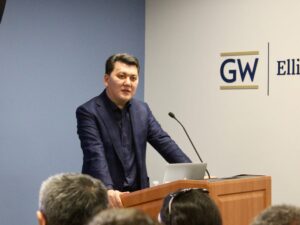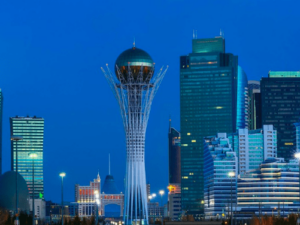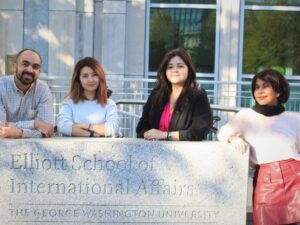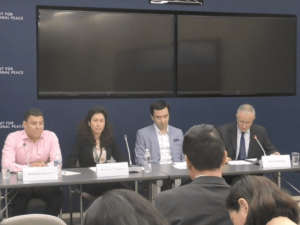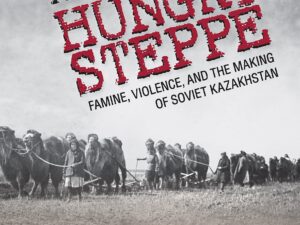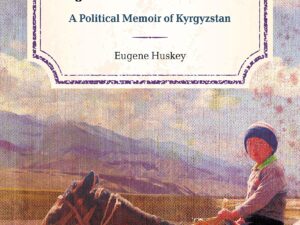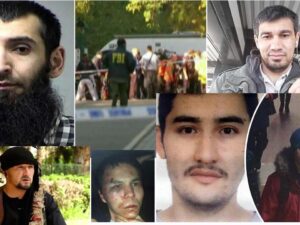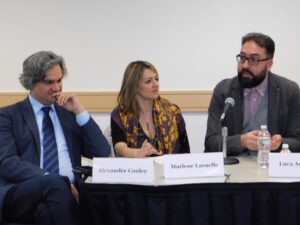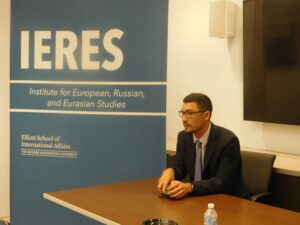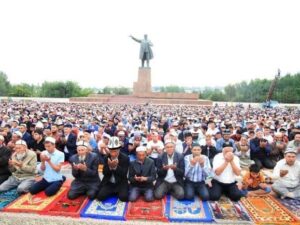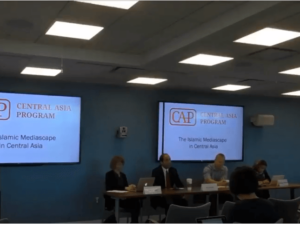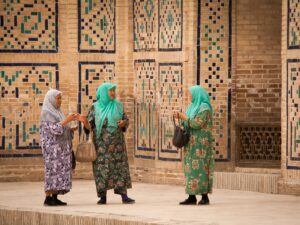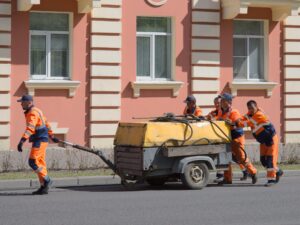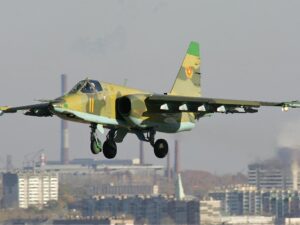
- This event has passed.
Central Asian Regionalism: Insights from Inside and Out
February 29 @ 10:00 AM – 11:30 AM
Hybrid Event
Since the dawn of independence, the five post-Soviet Central Asian republics have identified themselves as a single political region. However, their separate efforts to shape national identities, institutions, and policies have not always been compatible with the promotion of regional cooperation. Today we see a resurgence of regionalism in Central Asia. There is a growing understanding that the countries of the region need to work together to enhance trade, address shared challenges, and navigate relationships with foreign actors. This commitment has been exemplified not only by regular Central Asian summits, but also by a proliferation of the C5+1 dialogues with external actors, such as the US, China, and Germany.
This event endeavors to untangle the intricate perspectives surrounding the development of regionalism, with a specific emphasis on how foreign stakeholders and nations including the US, EU, and China perceive and contribute to the regional dynamics. Simultaneously, it aims to illuminate perspectives originating from within Central Asian nations, focusing particularly on the nuanced viewpoints from Kazakhstan and Uzbekistan.
SPEAKERS
Nargis Kassenova is a senior fellow and director of the Program on Central Asia at the Davis Center. Prior to joining the Center, she was an associate professor at the Department of International Relations and Regional Studies of KIMEP University (Almaty, Kazakhstan). She is the founder and former director of the KIMEP Central Asian Studies Center (CASC) and the China and Central Asia Studies Center (CCASC). She holds a PhD in international cooperation studies from the Graduate School of International Development, Nagoya University (Japan). Her research focuses on Central Asian politics and security, Eurasian geopolitics, China’s Belt and Road Initiative, governance in Central Asia, and the history of state-making in Central Asia. She is a member of the Advisory Committee of Human Rights Watch’s Europe and Central Asia Division, the UN High-Level Advisory Board on Economic and Social Affairs, the Central Eurasian Studies Society board, and the Steering Committee of the OSCE Network of Think Tanks and Academic Institutions. She is on the editorial boards of the journals Central Asian Survey, Central Asian Affairs, and REGION: Regional Studies of Russia, Eastern Europe, and Central Asia.
Marsha McGraw Olive, PhD, is a scholar and practitioner of Russian and Eurasian affairs. She is currently on the faculty of Johns Hopkins SAIS, an Advisory Board member of the Caspian Policy Center and Eurasia Foundation, and Global Fellow at the Wilson Center. In 2022, she received a George F. Kennan Fellowship to develop a new US regional strategy in Central Asia. Dr. Olive’s thirty-year career in the region began in 1991–1992, when she joined the newly-created Soviet unit in the World Bank and participated in its first mission to Central Asia. She led strategic planning and managed investment and grant portfolios in Russia, Ukraine, the Caucasus, and Central Asia with the World Bank and as Senior Vice President of the Eurasia Foundation. As the Bank’s Country Manager in Tajikistan, she participated in major regional infrastructure and water projects such as CASA-1000 and the Rogun Dam feasibility study. From 2018–2022, she was the lead consultant on the World Bank’s Regional Engagement Framework for Central Asia (REFCA). Dr. Olive earned her MA and PhD at Johns Hopkins SAIS, and she is the author of monographs on Russia and Central Asia. Her most recent book is Owning the City: Property Rights in Authoritarian Regimes (Agenda Publishing 2022).
Alisher Faizullaev, DSc in Political Science and PhD in Psychology, is a scholar, author, teacher, diplomatic and negotiation skills trainer, and former Ambassador of Uzbekistan to the United Kingdom (1999–2003), Benelux countries, the European Union, and NATO (1995–1998). He was a Fulbright Scholar at the Fletcher School of Law and Diplomacy, Tufts University and the Institute for the Study of Diplomacy, School of Foreign Service, Georgetown University (2011–2012), as well as a Visiting Scholar at McGill University (2014), Cambridge University (2005), and Western Washington University (1992). He has published 10 scholarly, fiction, and nonfiction books, along with numerous articles on social and behavioral sciences, and his short stories have been published in Uzbekistan, the United States, Russia, and the Republic of Korea. His two latest scholarly works, Symbolic Insult in Diplomacy: A Subtle Game of Diplomatic Slap (2018), and Diplomacy for Professionals and Everyone (2022), have been published by Brill in Leiden and Boston. Currently, he is a Leif J. Sverdrup Global Teaching Fellow and Visiting Professor at Webster University in St. Louis, Missouri, USA.
Kadyr Toktogulov is a former Ambassador of Kyrgyzstan to the US and Canada (2015–2019). Prior to his diplomatic appointment in Washington, DC, he had worked as a presidential spokesman (2011–2014) following his journalism career with the Associated Press, Dow Jones Newswires, and the Wall Street Journal covering Central Asia, with a special focus on Kyrgyzstan and Kazakhstan (2003–2011). He is a graduate of the American University of Central Asia (Bishkek, Kyrgyzstan).
Sanat Kushkumbayev is a Doctor of Political Science and Deputy Director of the Kazakhstan Institute for Strategic Studies (KazISS). Currently, he is a Visiting Scholar at The George Washington University, and he is also an Associate Professor at the Eurasian National University (ENU). With over 25 years of experience in research, teaching, and public service within academic institutions, think tanks, and the Ministry of Foreign Affairs, his research interests focus on the study of foreign policy, international relations, regional cooperation, and security issues in Central Asia.
Sebastien Peyrouse is Director of the Central Asia Program and Research Professor, IERES, The George Washington University. His main areas of expertise are political systems in Central Asia, economic and social issues, Islam and religious minorities, and Central Asia’s geopolitical positioning toward China, India, and South Asia.
MODERATOR
Paul Stronski teaches in the Security Studies Program at Georgetown University. His research and teaching interests focus on Russia and Eurasia, specifically Central Asia and the South Caucasus. He has had a long career as a US government policymaker and think tank analyst.
RSVP
